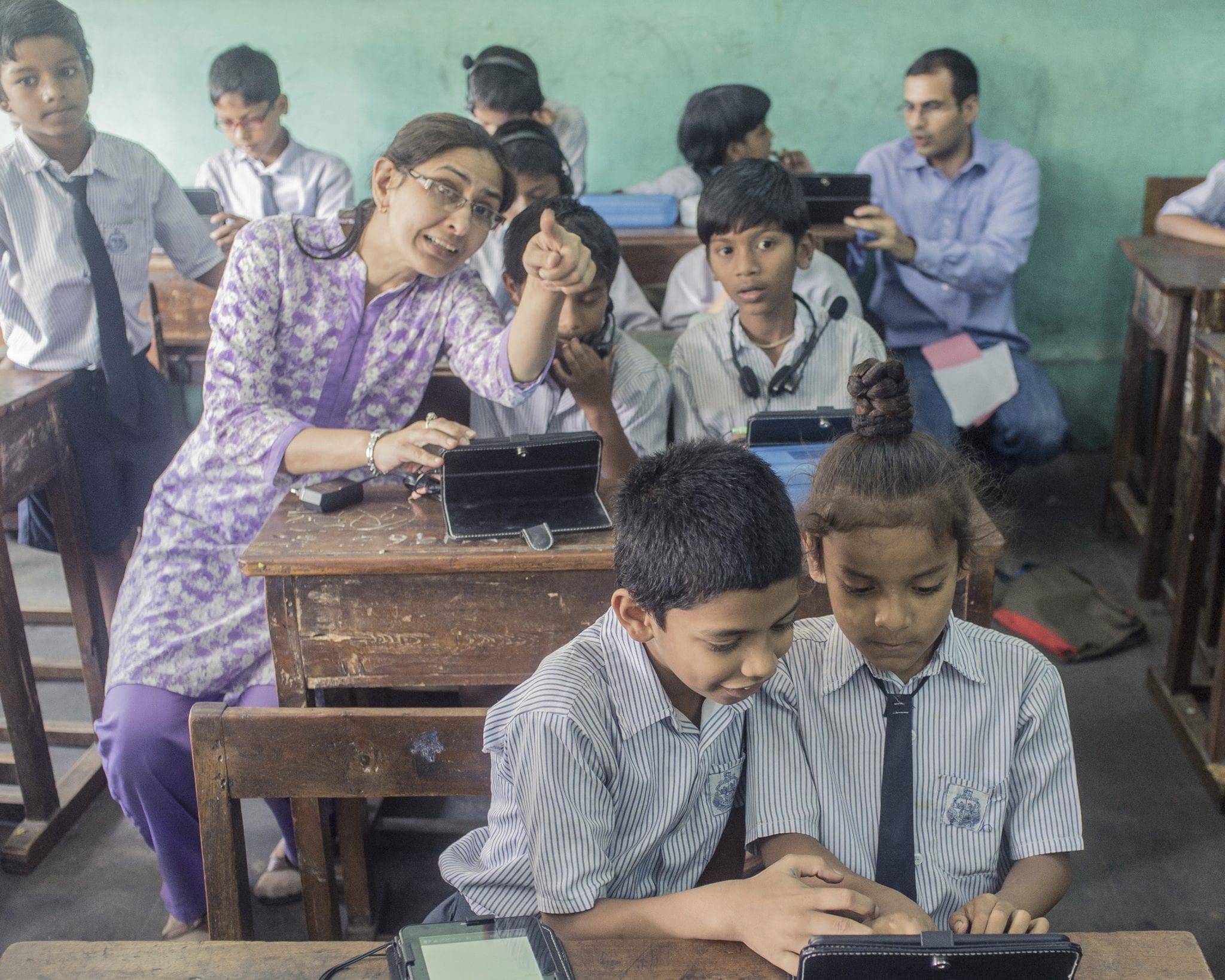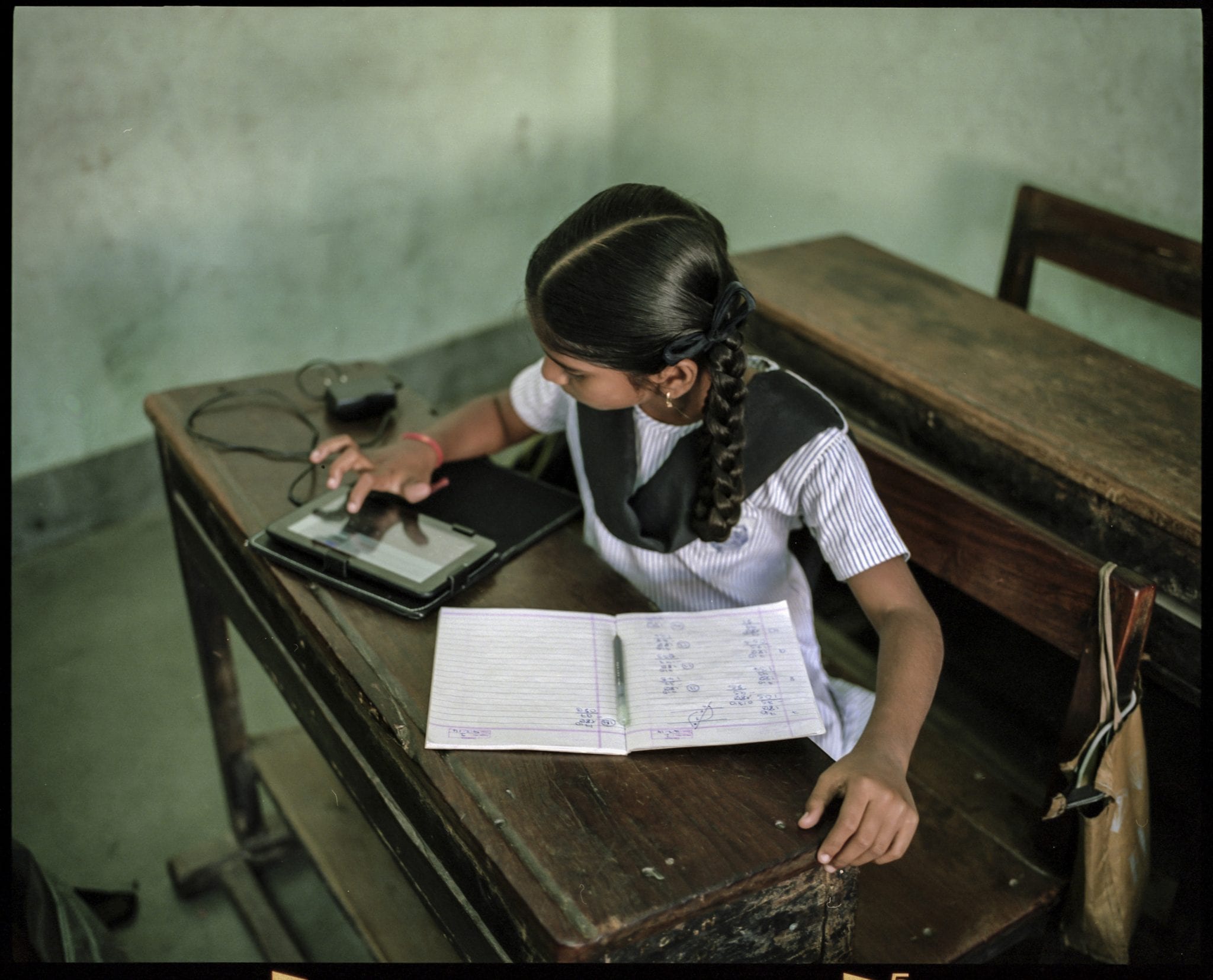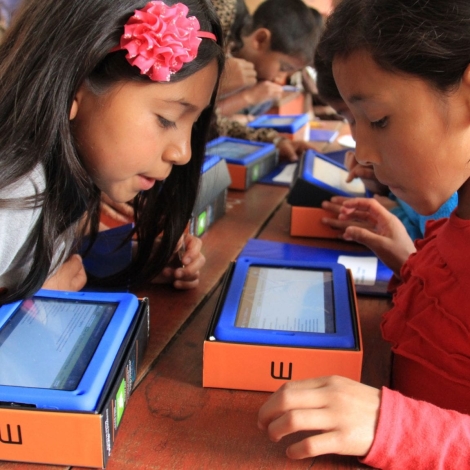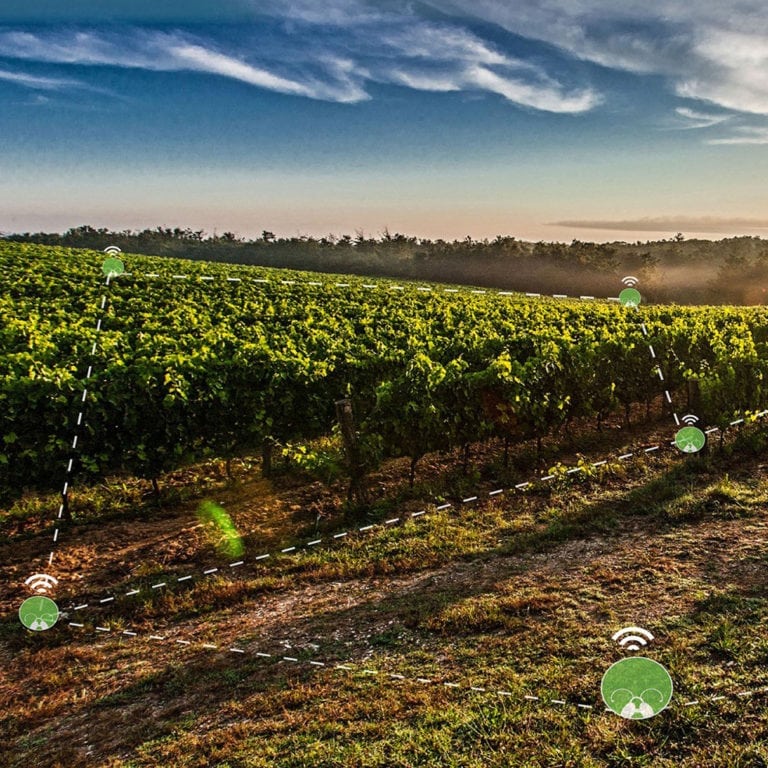Access to the Internet is still limited to half of the world’s population, and the half that do not have access are overwhelmingly underserved in primary and secondary education. Free educational resources could help them, and such materials exist. The growth of the Internet has seen an explosion in the availability of Open Educational Resources (OERs) that give free access to a huge range of educational materials and learning experiences. The obstacle has been the means to deliver these resources where they are most needed.
As a first step, in 2012, a group of graduate and undergraduate students at the University of California, San Diego (USA), created KA Lite. KA Lite is an offline server that gives an online-like experience to use Khan Academy videos and interactive exercises. It creates a learner experience, like accessing an online learning platform, with instant feedback, and progress tracking. In addition, KA Lite supported the role of teachers by providing coaching tools that allow the tracking of student progress to intervene and guide learning.
We saw that there were severe limitations to simply providing access to an offline version of Khan Academy. What was needed was an offline-first ecosystem for Open Educational Resources.
After explosive growth to an estimated 6 million users worldwide in nearly every country and territory in the world, the need for the resources that KA Lite provided was clear. However, we saw that there were severe limitations to simply providing access to an offline version of Khan Academy. In many cases, Khan Academy was useful, but not aligned to local curriculum standards, which limited its impact. In many more cases, even with pen and paper workarounds for the alignment issue, the content covered by Khan Academy was insufficient for many curricula, and required additions to provide a comprehensively mapped course.
What was needed was an offline-first ecosystem for aggregating, organizing, distributing, and interacting with OER in a way that promoted differentiated and personalized instruction. To support this, Learning Equality started planning what would become the Kolibri Ecosystem, centered around Kolibri, an offline-first learning platform that enables learners and coaches in low-resource contexts to engage with differentiated learning experiences, and a huge variety of aligned OER, specific for their context and language.

Students use Open Educational Resources in a classroom in India. Photo: Thomas Van Den Driessche
This focus on contextual and linguistic relevance, and serving those in areas with limited or no connectivity has led to a wide range of uses. Through collaborations with the UN Refugee Agency (UNHCR), Kolibri has enabled learning in both formal classrooms and informal learning centers in communities affected by crisis. In Kenya, Jordan, Tanzania and Uganda, Kolibri has made digital learning materials available in a variety of languages to support the diversity of learners in these contexts. In addition, the broader ecosystem of the Kolibri Content Library, and Kolibri Studio have allowed for the aggregation of a large range of new Arabic resources to support our work in Jordan, as well as the alignment of these and existing resources to national curriculums, to enable their inclusion in government schools.
The rise in mobile connectivity in much of sub-Saharan Africa has allowed for the use of zero-rated mobile connections to serve Kolibri and content from the Kolibri Content Library to mobile phone subscribers across six African countries. Zero-rated data is data that the provider, in this case Vodafone’s partner companies, delivers for free. This has meant serving those who might otherwise be disconnected because of the cost of Internet bandwidth, and allowing children and youth to access learning materials outside of the school context.
In one correctional classroom in Idaho, use of the Khan Academy materials led to all the students passing the math portion of the General Educational Development tests that certify high-school level education.
A further surprising use case for learning materials in the Kolibri Content Library has been within the US prison system. More than 2 million people are incarcerated in the US, and the majority are disconnected from the Internet. Access to OER in the Kolibri Content Library has enabled users in the correctional systems of more than 20 states to use engaging, interactive videos and exercises to learn mathematics. In one correctional classroom in Idaho, use of the Khan Academy materials led to all the students passing the math portion of the General Educational Development tests that certify high-school level education. That was the first time this had ever happened.
As well as supporting the use of edtech in disconnected contexts with software solutions, the Kolibri Ecosystem includes the Kolibri Toolkit. The toolkit is an adaptable, evolving set of resources that guide and support implementers of Kolibri, creating a blended learning environment that meets their specific needs, as well as a sustainable pedagogical model for the effective integration of technology into learning environments. By creating this open toolkit, Learning Equality is expanding its commitment to support not just close partnerships, but also grassroots users who want to or are already using Kolibri to enable effective learning environments in their own communities.
Through the Kolibri ecosystem, Learning Equality is seeking to create reusable public goods.
Through the combination of these aspects of the Kolibri Ecosystem, Learning Equality is seeking to create reusable public goods: pluggable, customizable open-source software in the Kolibri learning platform; open, aligned curricula available to the world, covering the range of linguistic and contextual diversity from Kolibri Studio; open content sources, packaged and available for use offline, from the Kolibri Content Library; and customizable materials to scaffold and support blended learning pedagogy and effective integration of edtech, from the Kolibri Toolkit.
With its open focus and commitment to openly licensed resources and software, the Kolibri ecosystem has been built by the Learning Equality team, and also a broad range of volunteers and contributors around the world. If you would like to help advance our mission, and contribute to our work, we have some immediate ways that you can get involved!
Contribute to the community!
Want to fix something? See our starting issues for Kolibri.
See a bug? Don’t hesitate to file an issue on Kolibri or Studio; or send us feedback via the Community Forum.
Want to see Kolibri available in your language? Help us translate! Contact us at i18nteam@learningequality.org.
Already using Kolibri? Share your story with us via the Community Forums or send us an email at info@learningequality.org.

A student in India uses KA Lite. Photo: Thomas Van Den Driessche
About the Author
Dr. Richard Tibbles is Learning Equality’s Co-Founder and Product Lead.

